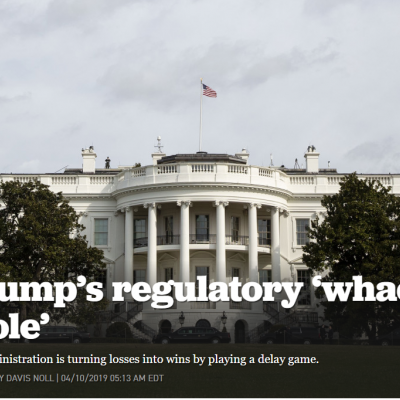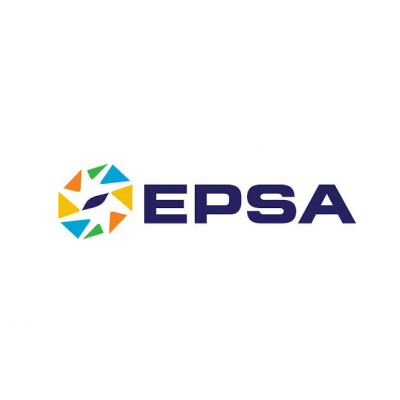April 30, 2019
April 2019 at Policy Integrity
- Legal Victory: Valuation Rule and Federal Coal Leases
- Legal Victory: Title X Women’s Health Services
- New Report: Pipeline Approvals and Greenhouse Gas Emissions
- New Jersey Testimony
- Amicus Briefs on Pipeline Impacts, Clean Air Act
- In the News: Whack-a-Mole, Bad Analysis
- Paul Segal Elected as Chair of Electric Power Supply Association
- More from This Month
-
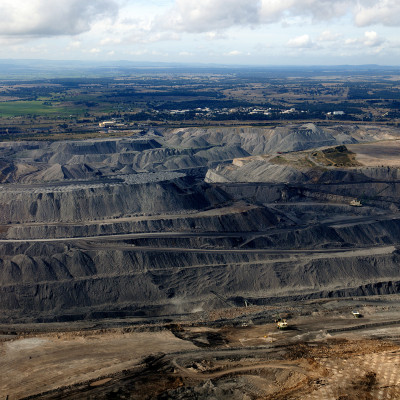
Legal Victory: Valuation Rule and Federal Coal Leases
Several of the Trump administration’s efforts to boost fossil-fuel extraction have recently been struck down in court. A federal district court in California overturned the Trump administration’s repeal of the Interior Department’s Valuation Rule, which sought to ensure that states and the federal government receive the full value of royalties from oil, gas, and coal extracted from public lands. We submitted comments throughout the repeal efforts and filed an amicus brief supporting the challenge. The judge’s opinion cites an academic article on deregulation written by Bethany Davis Noll and Denise Grab, which had been referred to in our brief. Jayni Hein discussed the ruling in Bloomberg, High Country News, and E&E News. Bethany Davis Noll also commented in Inside EPA.
In another case, a federal judge in Montana ruled that the Interior Department failed to comply with the National Environmental Policy Act when it lifted a coal leasing moratorium without assessing the environmental effects of that decision. Jayni Hein discussed the ruling in Ars Technica and Inside EPA.
-
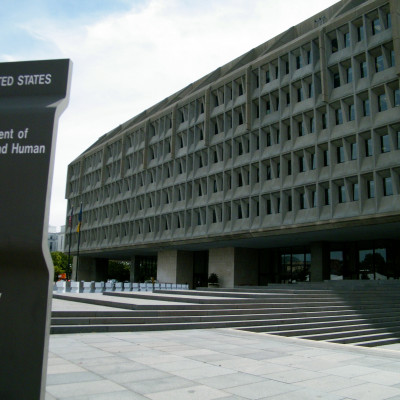
Legal Victory: Title X Women’s Health Services
We submitted amicus briefs in multiple cases challenging a Trump administration rule that restricts Title X funding, likely forcing the shutdown of some family planning clinics and closing off access to others for low-income women. District courts in Washington State, Oregon, and California recently blocked the rule, agreeing that the Department of Health and Human Services failed to adequately analyze its harmful impacts. The Northern District of California’s ruling cites our brief and devotes a lengthy discussion to our arguments. We previously submitted comments on the rule, and Jack Lienke discussed its flaws in an LA Times op-ed.
-

New Report: Pipeline Approvals and Greenhouse Gas Emissions
The Federal Energy Regulatory Commission has struggled to properly analyze the greenhouse gas emissions and resulting climate damages associated with several new natural gas pipelines. Our new report examines the legal context surrounding FERC’s analysis of the environmental effects of proposed interstate pipelines. We describe improvements FERC could make to better inform policymakers and the public about the impacts of natural gas projects. Avi Zevin recently talked about the ongoing legal battles over pipeline climate analyses in an E&E News piece.
-
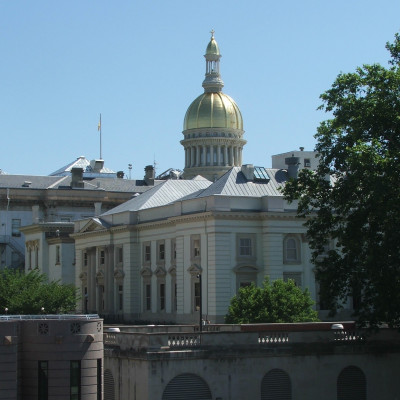
New Jersey Testimony
Peter Howard and Denise Grab provided testimony at an April 25 New Jersey State Legislature hearing on climate change mitigation and what the state can do to address greenhouse gas emissions. They offered guidance on how New Jersey can contextualize and weigh climate impacts by using the Social Cost of Greenhouse Gases. Coverage of the hearing highlights Policy Integrity’s testimony. An audio recording is available.
-
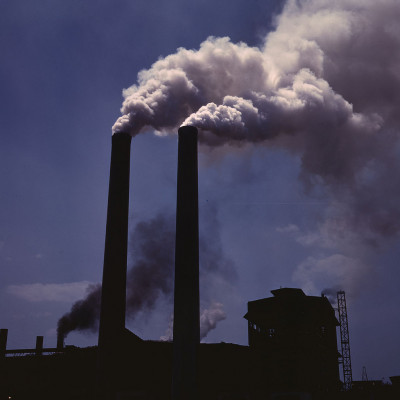
Amicus Briefs on Pipeline Impacts, Clean Air Act
If constructed, the Atlantic Coast Pipeline Project would be responsible for greenhouse gas emissions resulting in over $1.3 billion per year of climate damages. FERC’s analysis estimates the quantity of the project’s emissions but does not consider the impacts they will cause. We filed an amicus brief in the case, explaining that FERC should have monetized the project’s climate damages using Social Cost of Carbon estimates.
We also filed amicus briefs in two cases relating to the Clean Air Act. Last year, the Environmental Protection Agency denied petitions filed by Maryland and Delaware seeking tighter limits on ozone-forming emissions from power plants in upwind states. Our amicus brief focused on EPA’s erroneous claim that further emissions reductions at the upwind power plants would not be cost-effective. The agency also finalized the “Close-Out Rule,” which refuses to impose additional reductions in interstate ozone air pollution. We filed another brief detailing how EPA’s decision to not require interstate pollution reductions is irrational and devoid of adequate analysis.
-
In the News: Whack-a-Mole, Bad Analysis
Bethany Davis Noll wrote an op-ed in Politico that looks at Trump-era deregulation tactics, including a “whack-a-mole” strategy of issuing multiple delays of rules in order to evade some legal challenges. Davis Noll underscores the administration’s low win-rate in court using data from our deregulation tracker, which was also cited in The Wall Street Journal and Reuters this month.
Richard Revesz discussed the legal hurdles of the administration’s energy goals in a piece in Roll Call. He comments on the conundrum that the government faces: “In some cases there is not good analysis that they could do, so they resort to bad analysis.”
-
Paul Segal Elected as Chair of Electric Power Supply Association
Paul Segal, a member of Policy Integrity’s advisory board, has been chosen to serve as Chair of the Electric Power Supply Association. EPSA is the leading national trade association for independent power suppliers. Segal brings to the role decades of experience working with power markets and electric utilities at Luminus Management and LS Power, where he is currently Chief Executive Officer.
-
More from This Month
We submitted comments on a number of issues:- Rollback of Water and Wetland Protections (plus an expert report)
- EPA’s Reconsideration of Mercury and Air Toxics Standards
- Impacts of Federal Oil and Gas Leases
- Energy Conservation Standards for Heating Equipment
- Proposed Analysis Framework for California Public Utilities Commission
- Regulation of Space Debris

